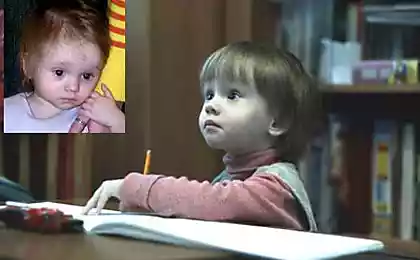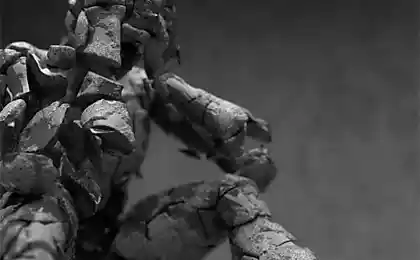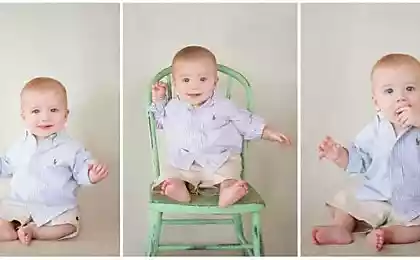983
Children 6 months to understand the words

"Children at this age have not spoken a word, do not know how to specify and do not go", - says researcher Eric Bergelson, from the University of Pennsylvania. "But in fact, internally, they are trying to compare things with words that come to them."
The first test, conducted with children of this age, showed that children define the meaning of "mom" and "dad". "Our study differs from the previous one, which determine needed more general words, words that refer to categories, such as an apple or mouth, which come in different shapes and sizes," - says researcher Daniel Svingli the University of Pennsylvania.
Previously, researchers believed that children aged between 6 and 9 months, able to understand only the elements of speech and react only to individual sounds, but can not understand the meaning of the word as a whole. Most psychologists believe that children begin to understand the words to the first birthday.
As a rule, children do not pronounce the word or gesture before 10 or 11 months. To test their theory, the researchers brought 33 infants aged 6 to 9 months in the laboratory and compared them to the 10-20-month children, when the two tests.
Before a child in the arms of the mother was located Monitor, which were shown four pairs of images from one food item and the same part of the body, such as apple and hands. Total children was presented eight different products and body parts. Adult eyes were closed at the same time to prevent "tip." At the same time my mother kept repeating simple phrases such as: "Where is the apple?". In another part of the study to the kids at the table was a separate subject, and the screen showed a complex image containing the subject. For example, a banana on the table, and the picture was a whole bowl of fruit. The child was asked to find a subject.
Both tests showed that the 6-9-month-old babies look longer fixed exactly on the picture or the object in the frame, which was called, assuming that the child understood the word associated with the object.
"I think that this study is a great message to parents: You can talk with their children and they understand something," - said Svingli. "They do not answer your witty replicas, but understand some of them. And the more they know the more they can rely on their knowledge. "
Scientists are going to "build" the brain
Electrical stimulation of the brain can help you find the car in the parking lot
























